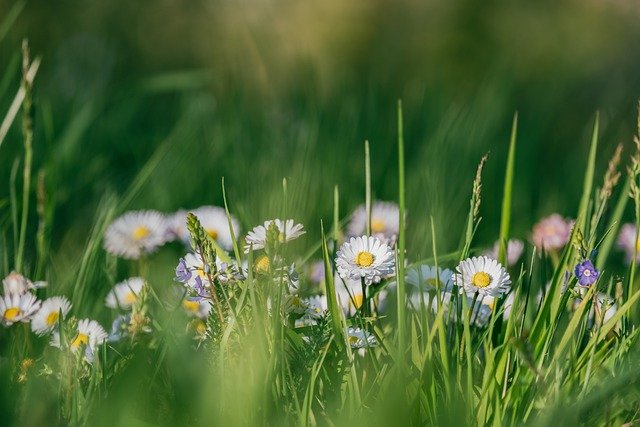
The line between 'good plants' and 'weeds' is often very blurred. Some plants may be considered weeds in some gardens, and welcome guests in others; it all depends on whose garden you're looking at. Of course, while there are no hard and fast rules, there are plants that are (more or less) universally considered 'pests' or 'problematic' - take Japanese knotweed for example. These tend to be the weeds we look out for when we do a survey of your garden! If you'd like to find out what makes a plant a weed, just keep reading.
More...
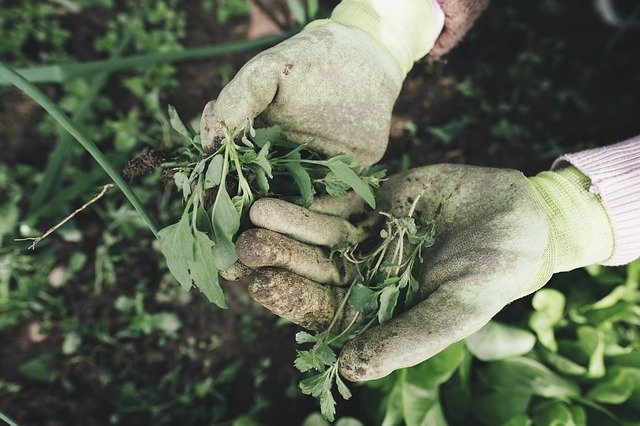
If you love spending time in your garden, caring for your lawn, plants and wildlife, you'll know that one of the hardest and maybe most annoying jobs that you have to do is control your weeds. Some stay away once removed but some may keep coming back.
If you find yourself constantly removing the same weeds that just keep coming back, then this blog is for you! Here, we take a look at why some weeds continue to grow after you've removed them and what you need to do to ensure they stay away, forever!
More...
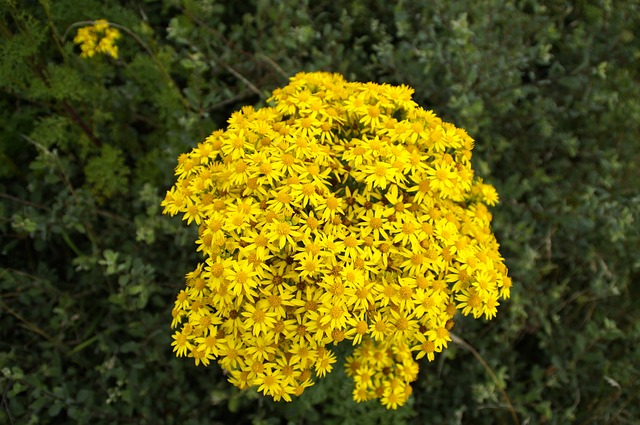
If you have a love and passion for horses, you'll know first-hand the effects that toxic weeds such as ragwort can have on livestock. Although beautiful to look at, ragwort has the ability to cause serious problems for your horses, especially if left unchecked.
In this blog, we take a closer look at ragwort, find out exactly what it is and the ways in which you can control it in your paddock to stop it from harming your horses.
So, to find out how to keep your horses safe from dangerous ragwort weeds, read on!
More...
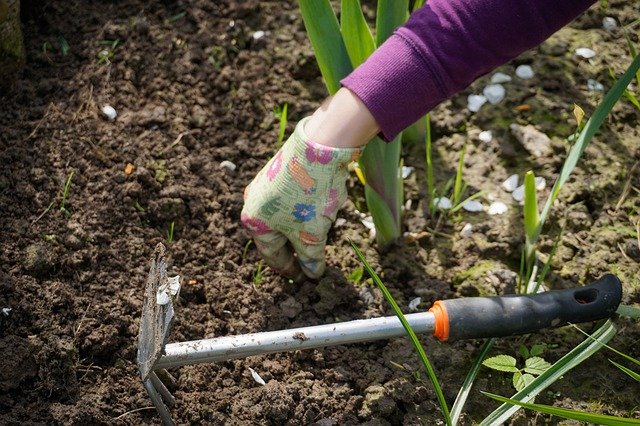
There are so many things that have been neglected because of coronavirus through no fault of their own. Sadly, weeds in public spaces are one of them! Usually, council workers would make weed control one of their top priorities in the run-up to spring/summer, but a lot of the workers have been required to provide other, more essential services so the weeds have been left to grow wild.
More...
If you're a keen gardener, you probably know that plants are capable of reproducing in numerous different ways. Most commonly, plants reproduce using seeds, but some species propagate a different way - by producing bulbils.
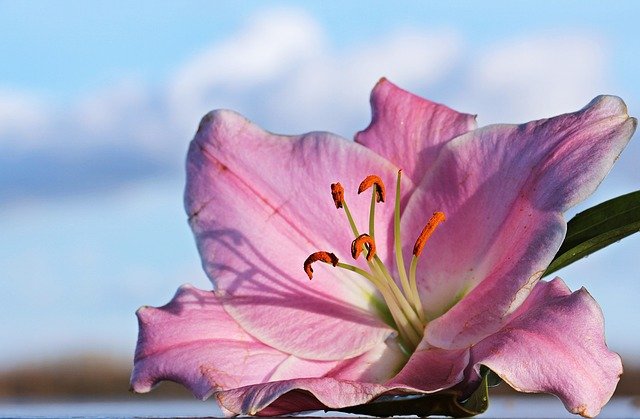
What are bulbils?
Bulbils are small nodules that appear on stem of an existing plant, sometimes in place of a flower. These nodules contain the exact same genetic material as the parent plant, so put simply, bulbils are a clone of their parents! This form of reproduction is asexual, so the plant didn't need to be fertilised by the pollen on a passing bee in order to create offspring.
More...
